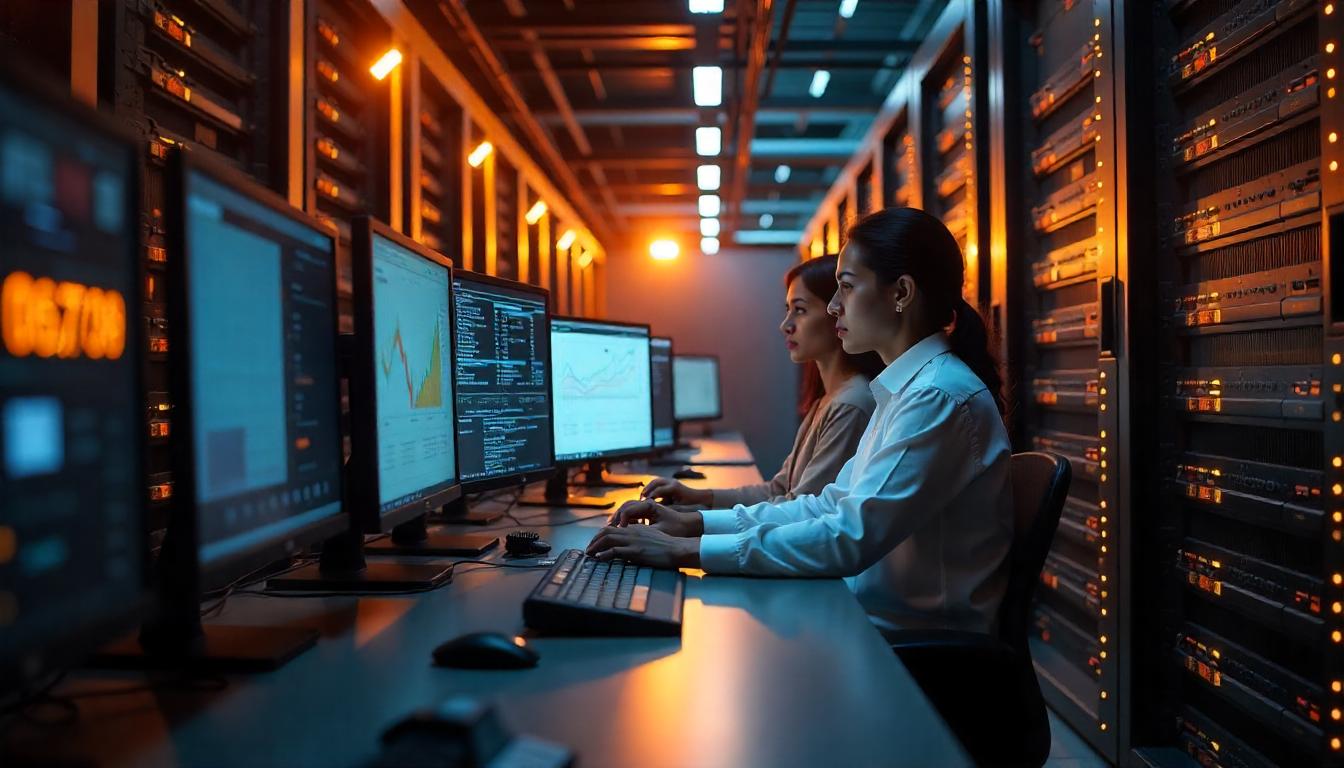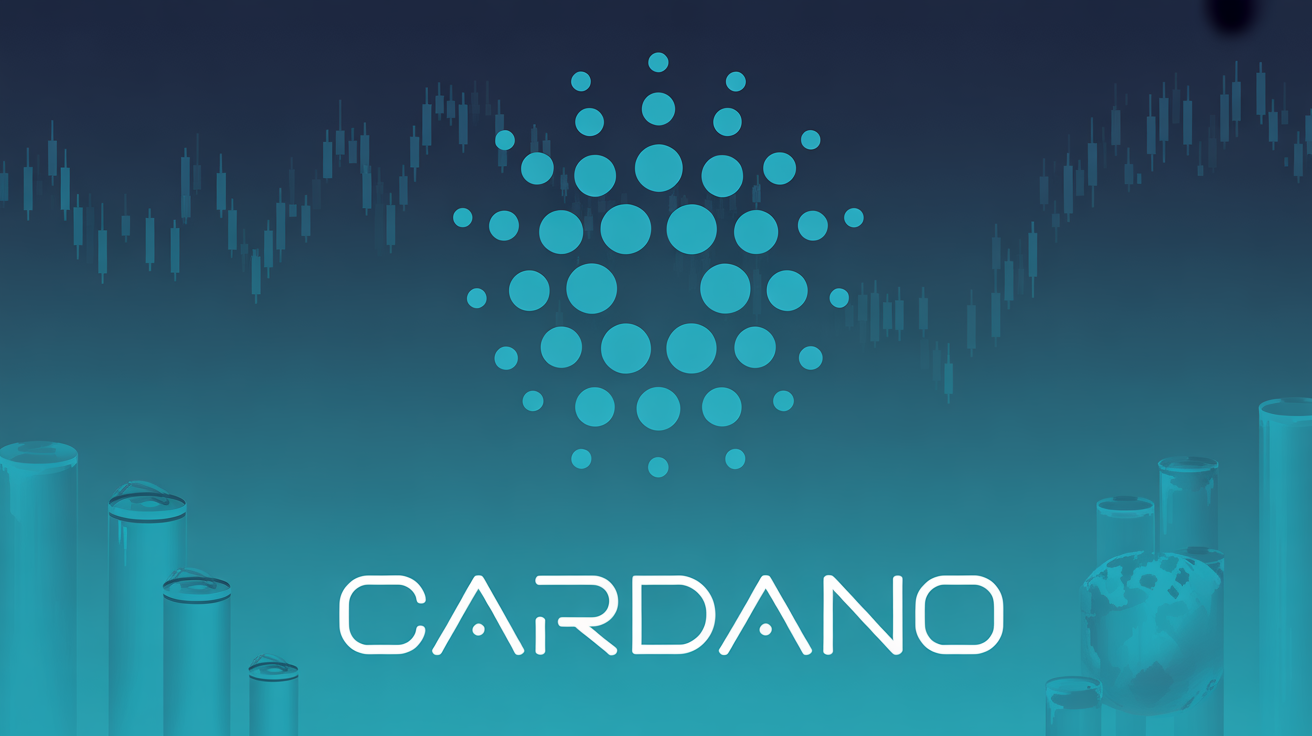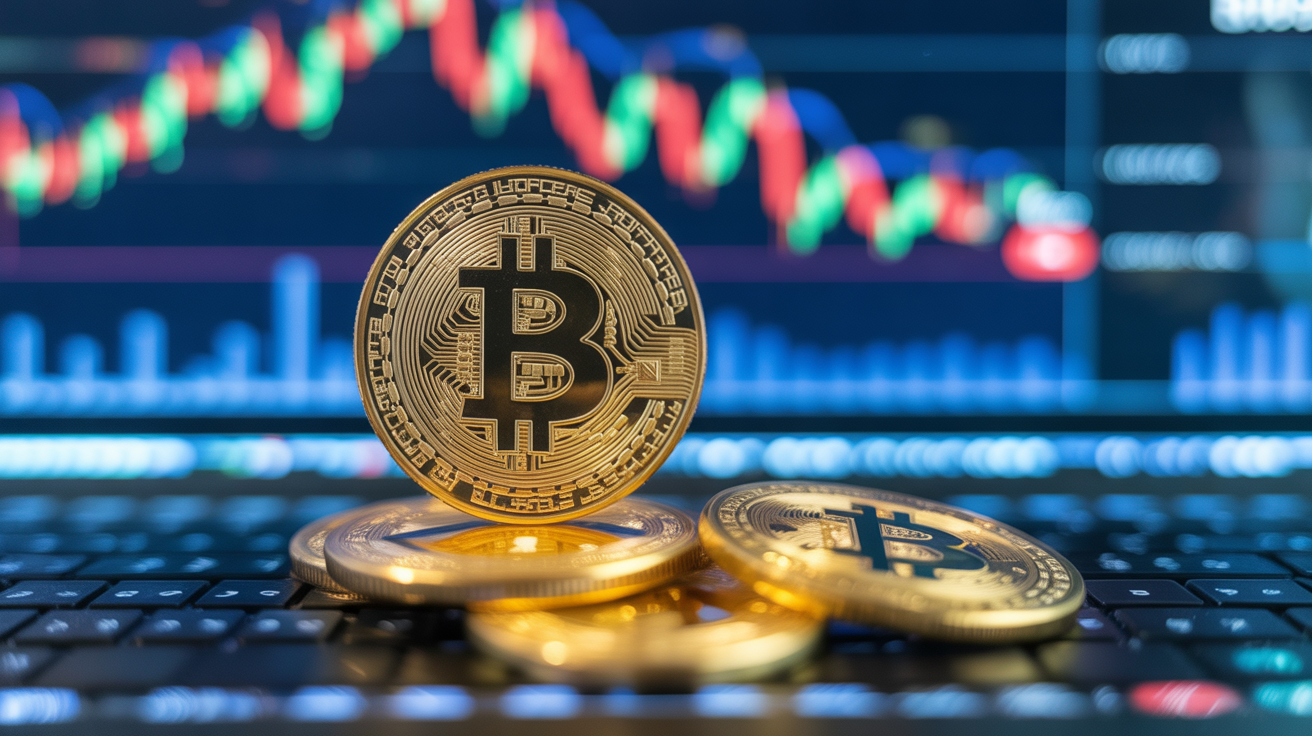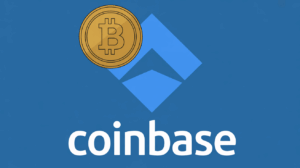How AI Data Centers Subtly Enhance Bitcoin Mining Profitability
As artificial intelligence (AI) data centers grow in prominence, they could provide an unexpected benefit to bitcoin miners, even for those who aren’t directly involved in the AI sector.
The main reason behind this is the increased competition between bitcoin miners and AI data centers for access to low-cost electricity, which could help set a “floor” for hashprice—a crucial metric that determines the revenue miners earn from their computational efforts.
“Every mining investment is now evaluated through this filter: should this site be used for AI or bitcoin mining?” explained Spencer Marr, president of bitcoin mining firm Sangha Renewables. “When AI and high-performance computing projects take precedence, it can slow hashrate growth and help stabilize hashprice.”
Hashrate refers to the combined computing power that supports the Bitcoin blockchain, while hashprice reflects the amount of bitcoin a miner earns based on their hashrate over a given time period.
At present, Bitcoin’s total hashrate is recorded at 770 exahash per second (EH/s), according to data from Hashrate Index. Bitcoin’s current hashprice stands at $61.12 per petahash per day, down from levels as high as $1,000 per petahash back in 2017, reflecting the growing competitiveness of mining.
Setting a minimum level for hashprice would be highly beneficial for miners, as it would guarantee that their computing power retains a certain value, even in challenging conditions.
“The demand for cheap electricity is intensifying, with AI data centers becoming more competitive buyers of power,” Marr noted. “Miners are hoping to see other industries, like AI, consume the cheap electricity because that means more space for Bitcoin miners to operate.”
However, Jaran Mellerud, co-founder of Hashlabs Mining, argued that the competition for power might not have as significant an impact on hashprice as some expect. He believes that miners might simply relocate to regions where AI data centers are less widespread.
“I don’t think AI’s energy consumption will significantly affect hashprice,” Mellerud said. “Bitcoin’s mining network is self-correcting—if one region’s hashrate decreases, profitability will rise for miners in other parts of the world.”
Mellerud added that by 2030, AI competition could reduce the U.S. share of the global hashrate to under 20%, with other regions, such as Africa and Southeast Asia, becoming increasingly important in bitcoin mining.
While Marr acknowledged Mellerud’s points, he emphasized that there’s a finite amount of cheap electricity available globally. He also pointed out that AI data centers require more intricate setups than bitcoin mines, including continuous uptime and higher operational costs.
“Ultimately, AI’s competition for electricity may slow down hashrate growth, but it won’t stop it entirely,” Marr concluded.
Share this content:













